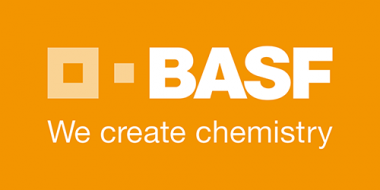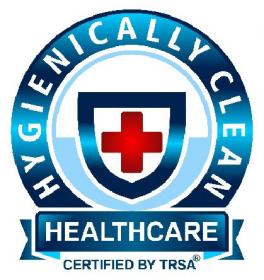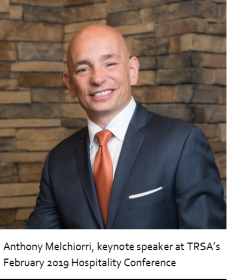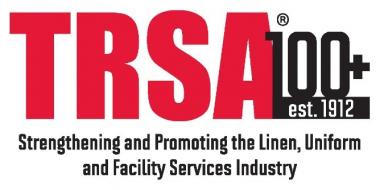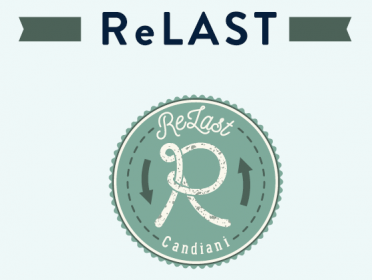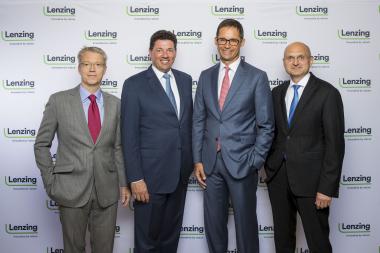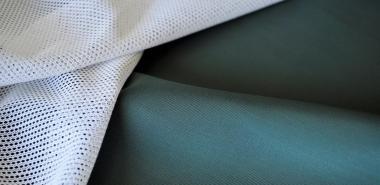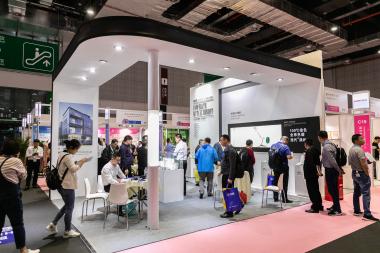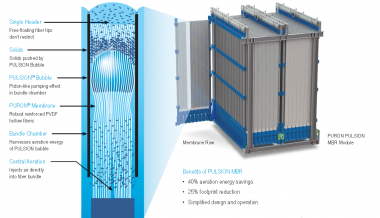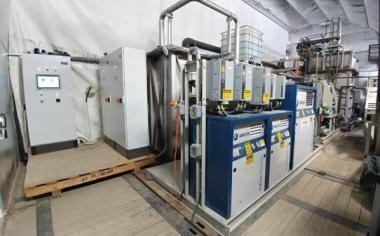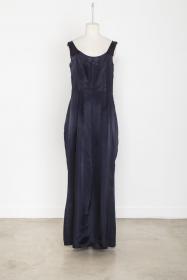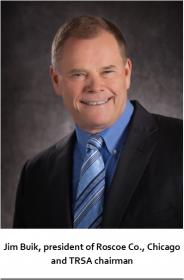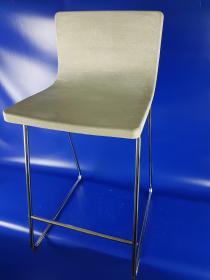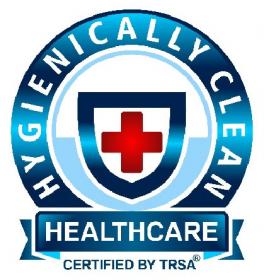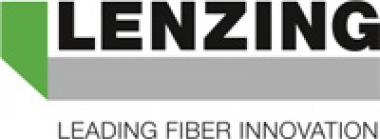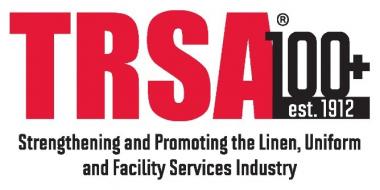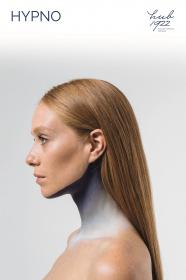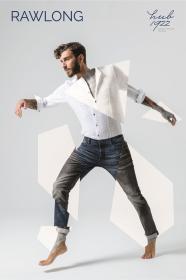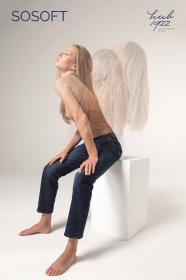BASF 3D Printing Solutions presents new products at formnext and announces pioneering strategic alliances for industrial 3D printing
New products for photopolymer and laser sinter printing methods from BASF 3D Printing Solutions GmbH (B3DPS) are on show from November 13 to 16 at Stand F20 in Hall 3.1 at this year’s formnext fair in Frankfurt. The BASF subsidiary is also announcing several new partnerships for the development and distribution of groundbreaking 3D printing solutions and products.
B3DPS has entered into a strategic partnership with the US company Origin, San Francisco, California for the further development of photopolymer printing processes. “Within the framework of an open business model, we are combining BASF’s material know-how with Origin’s expertise in printer software programming and the manufacture of the corresponding hardware,” explained Volker Hammes, Managing Director BASF 3D Printing Solutions GmbH. The collaboration has already shown the first signs of success. Origin has developed a new printing method where BASF’s new Ultracur3D photopolymers can be processed particularly well. The technology offers an optimal combination of a good surface finish and high mechanical stability, while also allowing for high material throughput.
B3DPS is working together with Photocentric, a manufacturer of 3D printers and their corresponding software and materials, on the development of new photopolymers and large-format photopolymer printers for mass production of functional components. Based in Peterborough, UK and Phoenix, USA, Photocentric has developed and optimized the use of LCD screens as image generators for its own printing systems. The two partners plan to offer the industry 3D printing solutions that replace parts of traditional manufacturing processes such as injection molding for small series, as well as enabling the production of large components.
The objective of the cooperation with Xunshi Technology, a Chinese printer manufacturer headquartered in Shaoxing, and operates in USA under the name Sprintray, will be opening new fields of application in 3D printing for the Ultracur3D product range of B3DPS.
Ultracur3D specialties for photopolymer printing processes
B3DPS has grouped well-established and new photopolymers designed for the respective 3D printing processes under the brand name Ultracur3D. BASF has developed unique raw materials for its new products that enable special part properties.
“Our Ultracur3D portfolio enables us to offer customers various UV-curable materials for 3D printing that provide far better mechanical properties and higher long-term stability than most available materials,” explained András Marton, Senior Business Development Manager at B3DPS. He added: “These materials have been developed for functional components that are subject to high stress.”
Expansion of distribution network for filaments
Innofil3D, a subsidiary of B3DPS, is entering into a partnership with Jet-Mate Technology, based in Tjanjin, China, for the distribution of plastic filaments in China. In parallel, a distribution agreement has been concluded with M. Holland in Northbrook, USA for the distribution of filaments in USA. “Since the USA is the largest market for filaments, we intend to strengthen our activities there,” said Jeroen Wiggers, Business Director 3DP Solutions for Additive Extrusion at B3DPS, adding: “Asia is another important market for us. We will be developing further distribution channels there and putting our Ultrafuse filaments on the Asian market in 2019.”
BASF’s portfolio of filaments for 3D printing are comprised of two categories; the well-established Innofil3D filaments based on generic polymers for conventional applications and polymer-based Ultrafuse filaments for advanced formulations used in demanding technical applications. One of the broadest filament selections on the market, this portfolio covers customer requirements ranging from prototype to industrial-scale production.
SLS: new 3D printing material with fire protection classification
New flame-resistant Ultrasint Polyamide PA6 Black FR meets UL94 V2 fire protection standards and is a new material class for use in selective laser sintering (SLS) processes, distinguished by high stiffness and thermal stability. In cooperation with one of the global leaders of public transportation vehicles, B3DPS has developed new components that meet vehicle fire protection requirements. “Together with our partner, we are currently producing prototypes, spare parts, and small series components, and are working to further improve flame resistance to meet additional certification specifications,” explained Hammes.
BASF introduced Ultrasint Grey PA6 LM X085 at AMUG this spring and now is followed by another product on show at formnext. Ultrasint PA6 Black LM X085 is based on polyamide 6, and can be processed at 175-185 degrees Celsius therefore making it suitable for most current SLS machines.
B3DPS adds polypropylene to its 3D printing portfolio
Through the acquisition of Advanc3D Materials GmbH in July 2018, B3DPS has expanded its range with numerous materials for use on laser sinter machines, including polyamide Adsint PA12, Adsint PA11, Adsint PA11CF and Adsint TPU flex 90.
Ultrasint PP is a special highlight. This polypropylene-based product exhibits outstanding mechanical properties and is frequently used in standard industrial production as it offers a good balance between price and performance. Ultrasint PP is distinguished by excellent plasticity, low moisture uptake, and resistance to liquids and gases. Prototypes and small batches can now be produced from the same material as used for traditional serial production. Post treatments such as thermoforming, sealing, and dyeing can be performed after printing.
BASF 3D Printing Solutions GmbH


